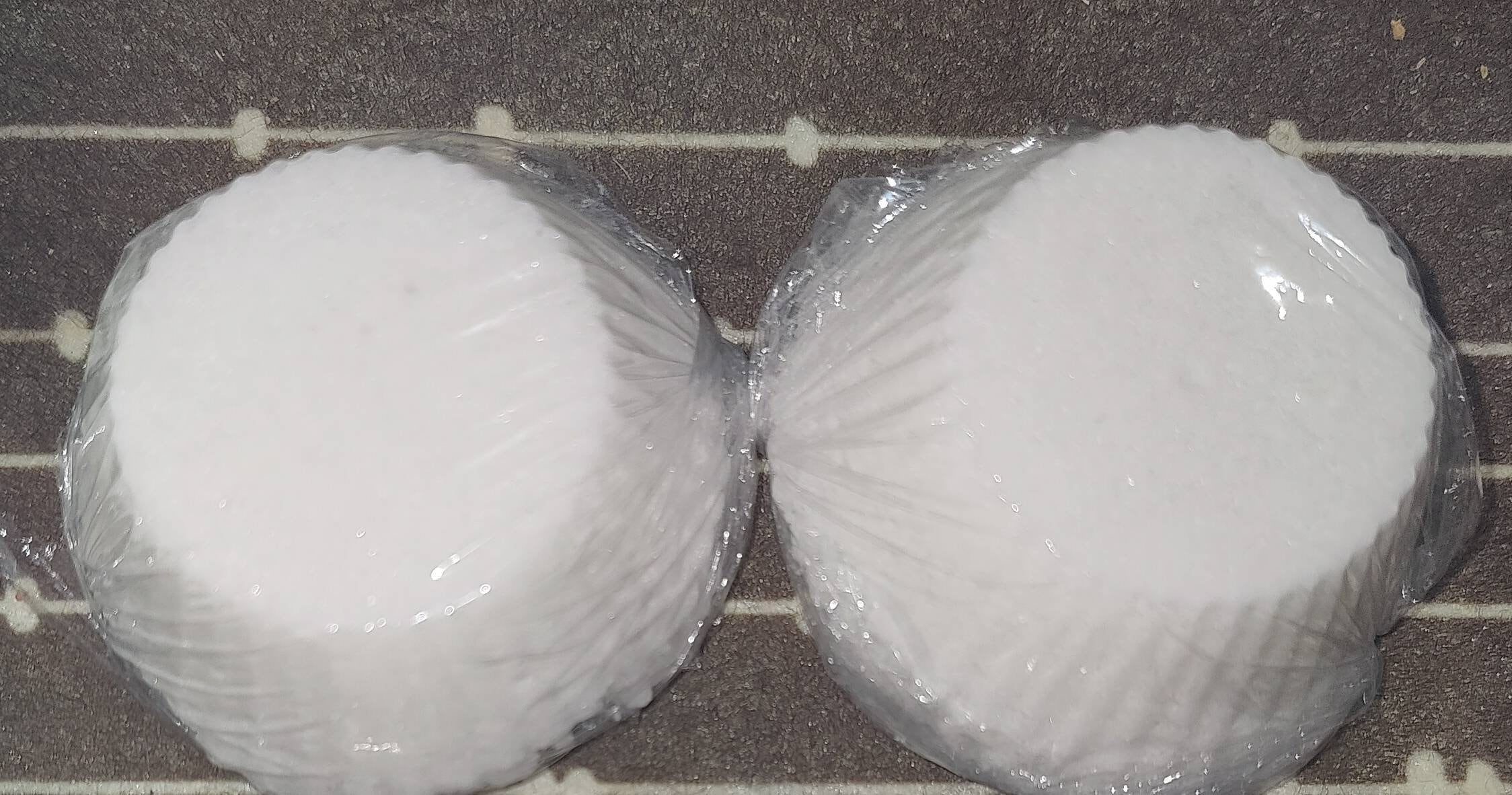
Making Mummies – In ancient Egypt, highly skilled embalmer-priests mummified corpses, seeking to preserve the human body in a lifelike form for as long as possible in order to help the departed on his journey through the afterlife. Ancient Egyptians also used natron as a cleansing product for personal hygiene, and the substance lent itself to ceramic pastes, paints, glass-making and meat preservation. Because it naturally draws moisture into its molecules, it often served as an ancient Egyptian drying agent. It contains the elements hydrogen, oxygen, sodium and carbon. Know Your Natron Found naturally in Egypt - especially in the salt lakes of the Natron Valley, to which the substance owes its name - natron is a hydrated sodium carbonate mineral. Natron, a type of colorless salt, played a role in the preservation process, though some aspects of its usage remain unclear. Mummification not only serves as an enlightening look into the spiritual landscape of ancient Egypt, it offers a glimpse into the culture’s understanding of science. Know Your Natron – In ancient Egypt, highly skilled embalmer-priests mummified corpses, seeking to preserve the human body in a lifelike form for as long as possible in order to help the departed on his journey through the afterlife. The total process could take up to 40 days. Resin was used to glue the layers of wrap together. They would use many layers of strips of linen wrapping, covering the entire body. Once it was dry, they would use lotions on the skin to preserve it, reinforce the empty body with packing, and then cover the body in wraps of linen.

With the body covered and stuffed with natron, they would let the body dry out for around 40 days. They would also take out some of the organs. The natron would help to dry out the body. The Egyptians started out by covering the body with a salty crystal substance called natron.


 0 kommentar(er)
0 kommentar(er)
